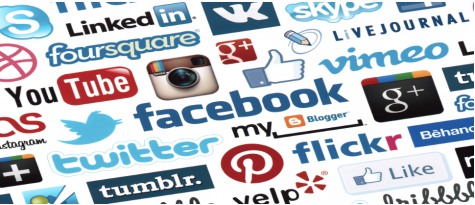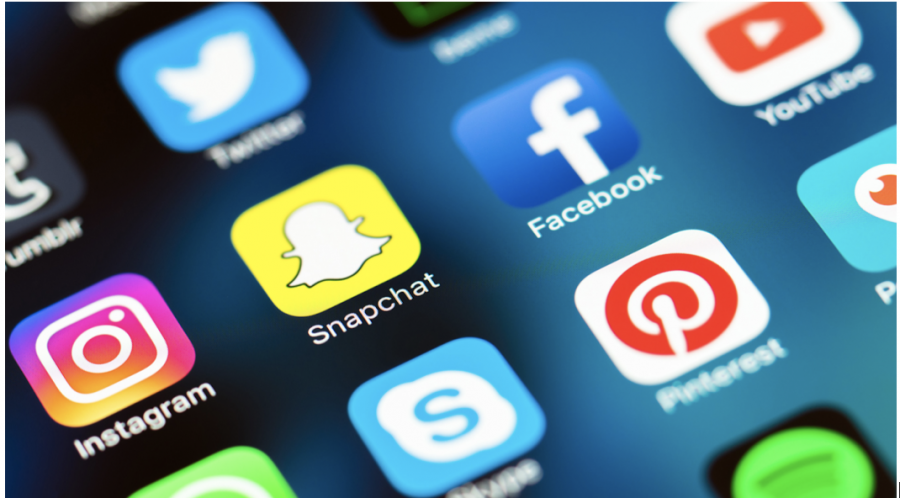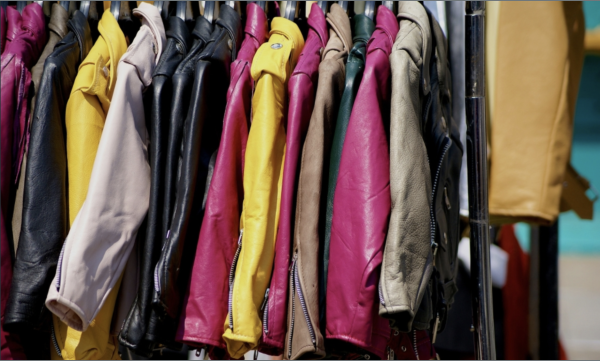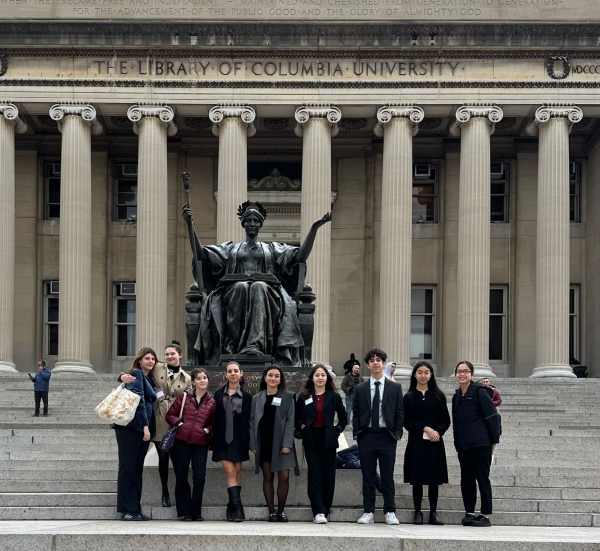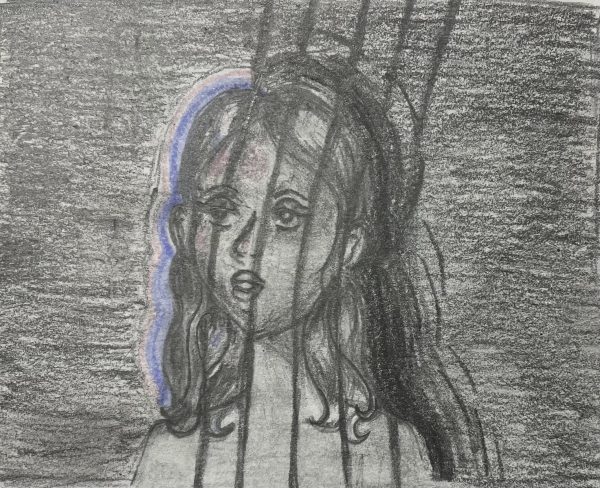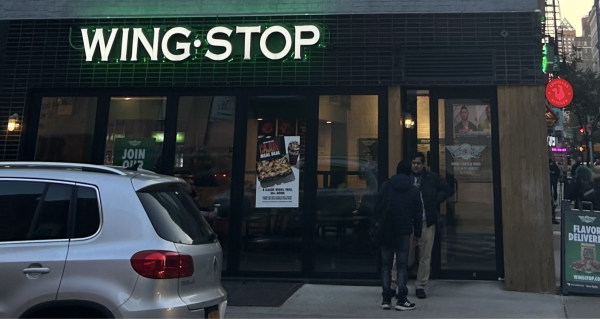Protons? No, the Pros and Cons of Social Media
Social media and technology in our digital society have crossed through our school walls and our homes, forcing kids to feel pressured to do things because their friends are doing it. However, social media has its benefits in UNIS. For example, students use Schoology and social media to communicate with each other and teachers to collaborate effectively on projects. Despite this, social media can also be a catalyst for many societal problems.
Pros:
- Easy for Communication
Students in UNIS use social media software Schoology to view their coursework, materials, and grades. In addition, students can communicate with their teachers or even their own friends on social media. Other apps like Snapchat, Instagram, and Facebook give opportunities to students to communicate more easily with others and collaborate with each other. For example, many UNIS clubs use Facebook for their club pages, so members could use it to communicate with the club members and to view important updates and information.
- Express Creative Ideas
Students can show the world their artistic and creative sides. For instance, UNIS uses the streaming social media service Youtube to live stream videos to parents and students. Moreover, students like Workneh Getasew and Alexander Photakis both have Youtube channels where they post their own creative videos. These are important social media platforms that allow students to show their own art in their creative ways.
- Learn Technical Skills
Lastly, through the use of social media, students can learn technical skills that can be used in this technological world. Companies throughout the world need workers who have skills in social media which could be used for marketing and advertising.
Cons:
- Emulate Addictive Behaviors
Recent studies have shown that teens who view posts about alcohol, drugs, or other similar topics seem to emulate the same actions they saw online.
- “Virtual Peer Pressure”
Social media has created a new term called “virtual peer pressure” which is the type of peer pressure students face online almost daily. According to the website thebalancesmb, social media allows users and friends in school to view what their friends are doing. For example, according to Facebook’s guidelines, users can view their friends’ timelines, posts, and other information. This could possibly pressure a teen to feel excluded if his friends are shown enjoying their life online while he/she might not. However, students who post happy pictures online, could, in reality, be the saddest people.
- It Is Addictive Itself
Many students in school have an addiction to social media which could negatively affect their grades. What seemed an amazing tool could be used from bullies as a weapon to target anyone publicly without realizing their impact on them.
Endnote:
To leave on a positive note, students have access to many social media platforms that leave them with many opportunities they didn’t have before. Yet, on the other hand, students should be careful to monitor their activity on social media and minimize its negative effects on their life.
